Don't ever call me mad, Mycroft. I'm not mad. I'm just... well, differently moraled, that's all
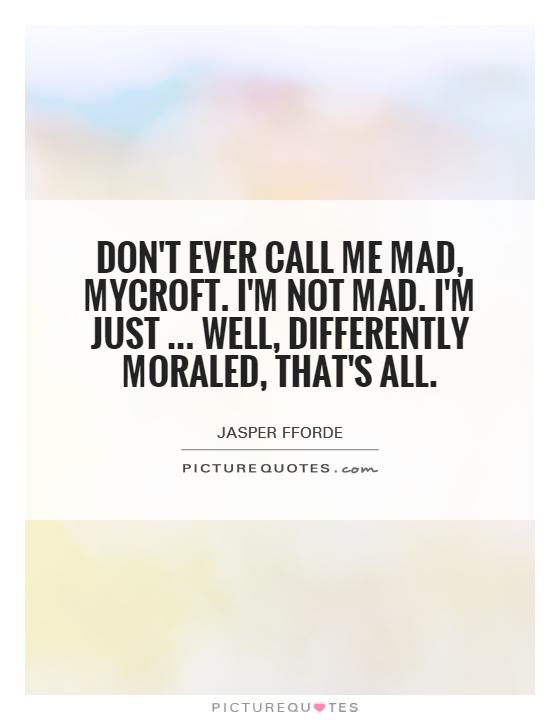
Don't ever call me mad, Mycroft. I'm not mad. I'm just... well, differently moraled, that's all
In the world of Jasper Fforde's novels, particularly in his Thursday Next series, the line between reality and fiction is blurred, and characters often find themselves in bizarre and fantastical situations. One such character who embodies this sense of eccentricity is Thursday's eccentric uncle, Mycroft Next.Mycroft Next is a brilliant inventor and scientist, but he is also known for his unconventional behavior and questionable moral compass. He is often seen as mad or eccentric by those around him, including his own family. However, Mycroft himself rejects this label, insisting that he is not mad, but simply "differently moraled."
This statement encapsulates the essence of Mycroft's character and the world he inhabits. In Fforde's universe, morality is not always black and white, and characters like Mycroft operate in shades of gray. They may not adhere to society's norms or standards, but they have their own code of ethics and principles that guide their actions.
Mycroft's refusal to be labeled as mad speaks to his sense of self-awareness and defiance against societal expectations. He embraces his uniqueness and refuses to conform to the expectations of others. This defiance is a recurring theme in Fforde's work, as his characters often challenge authority and question the status quo.
Furthermore, Mycroft's assertion that he is "differently moraled" suggests that morality is subjective and can vary from person to person. What may be considered immoral or unethical by one individual may be perfectly acceptable to another. This moral relativism adds depth and complexity to Fforde's characters, making them more nuanced and multidimensional.
Overall, Mycroft Next's declaration that he is not mad, but simply "differently moraled" is a reflection of the quirky and unconventional world of Jasper Fforde's novels. It challenges readers to question their own beliefs and perceptions of morality, and encourages them to embrace their own uniqueness and individuality.
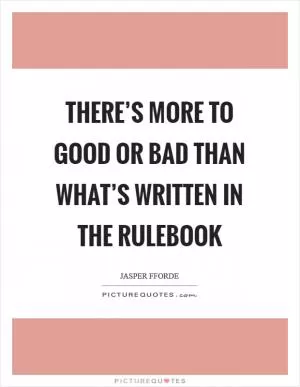
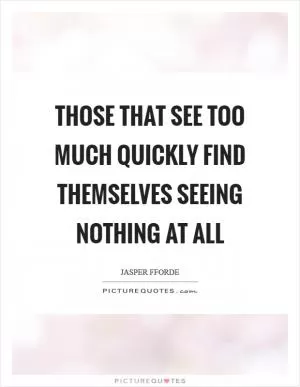
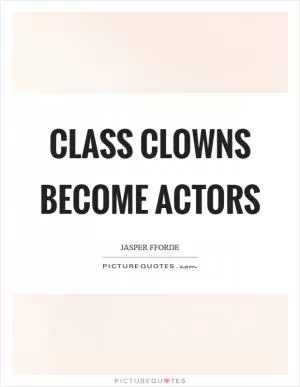
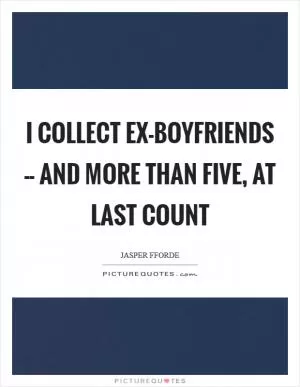
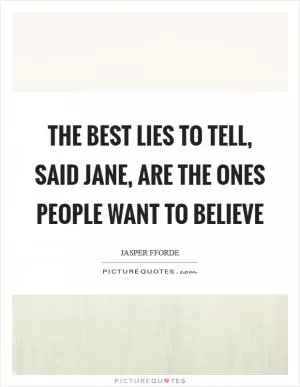
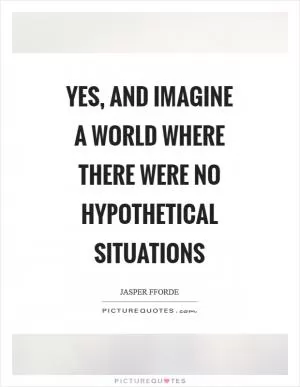
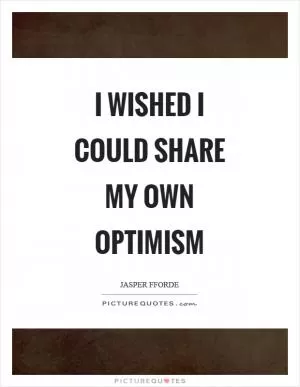
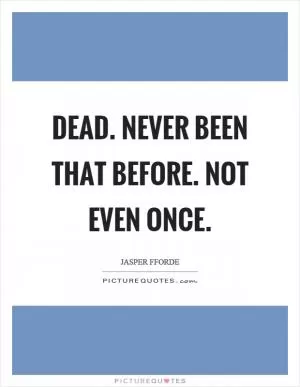
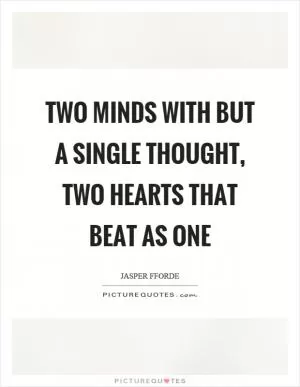
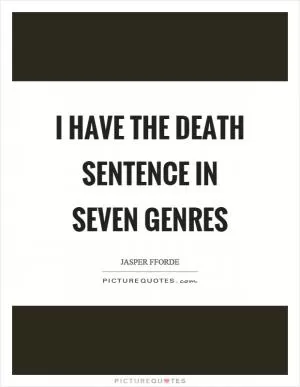
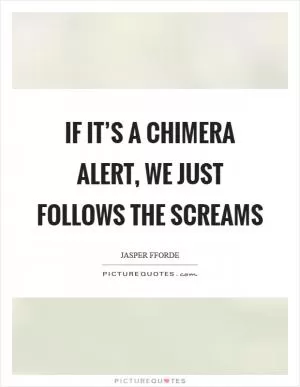
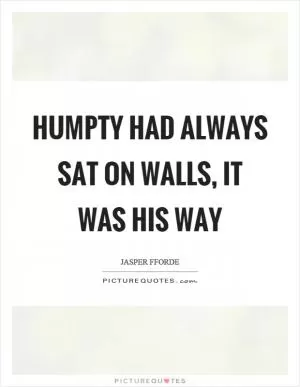
 Friendship Quotes
Friendship Quotes Love Quotes
Love Quotes Life Quotes
Life Quotes Funny Quotes
Funny Quotes Motivational Quotes
Motivational Quotes Inspirational Quotes
Inspirational Quotes